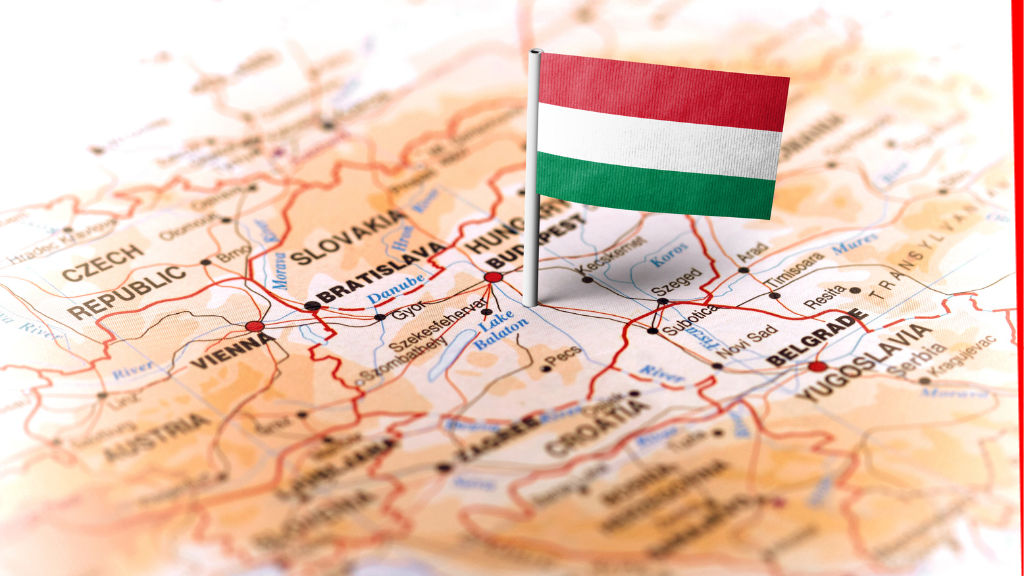
Hungary recently amended its gambling laws to allow foreign companies to apply for online sports betting licences, but so far, no applications have been received. This lack of interest is thought to be down to the strict requirements and potential legal challenges associated with the new regulations.
The head of Hungary’s Supervisory Authority of Regulated Activities (SZTFH), László Nagy, explained that while the rules are strict, they are not impossible to meet, however no foreign companies have applied as of yet. As Nagy noted, “New legislation came into force, so any company can now launch a website offering online sports betting and gambling in Hungary if it receives a permit. This requires meeting strict, but far from impossible, requirements.”
The new legislation, which came into effect in late 2023, requires companies to have a presence in Hungary, operate servers within the country, and implement robust player protection measures.
However, there are additional provisions that may deter international companies from entering the market. For instance, any company that has offered services illegally in the European Economic Area over the past decade is ineligible for a licence. This includes providing online casino services, which are currently subject to a monopoly in Hungary, a situation some legal experts argue breaches EU laws.
Nagy also highlighted the ongoing efforts to monitor and block offshore operators targeting Hungary. Over 600 websites have been blocked so far, including those linked to well-known brands. Many operators have attempted to evade these blocks by cycling through new web addresses, but some have given up and withdrawn from the market completely.
As Nagy mentioned, “The situation is the same as before.” He added, “but there are also those, and this is our greatest achievement, that give up and withdraw.”
The Hungarian black market is estimated to be worth between €125 million and €250 million, with many unregulated operators based in locations like Curacao. These operators avoid regulation and taxation in Hungary, posing significant challenges for the authorities.
The SZTFH is planning an advertising campaign to raise awareness about the risks of gambling harm. Currently, about 35,000 individuals are registered on the country’s multi-operator self-exclusion system.
Some operators are reportedly mounting legal challenges against Hungary’s sports betting regime, citing unfair licence conditions. Viktor György Radics, a local partner at DLA Piper, mentioned that litigation is pending against these conditions. This ongoing legal uncertainty may further discourage foreign companies from applying for licences.
Despite the challenges, Hungary’s regulator remains committed to enforcing its laws and protecting consumers. The lack of foreign applications highlights the need for clearer and more appealing regulations to attract legitimate operators.
As Nagy replied when asked why Hungary had so far issued no new online sportsbook licence since changing its laws, “No one has asked permission.” This lack of interest emphasises the complexities and barriers that foreign companies face in entering the Hungarian market.
For now, the black market remains a significant concern, and addressing this issue will be essential for the long-term success of Hungary’s gambling sector. As the EU continues to pressure member states to comply with its directives, Hungary’s approach will likely face scrutiny and potential changes in the future.